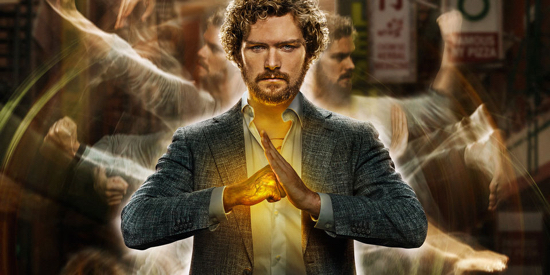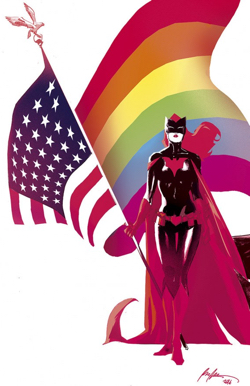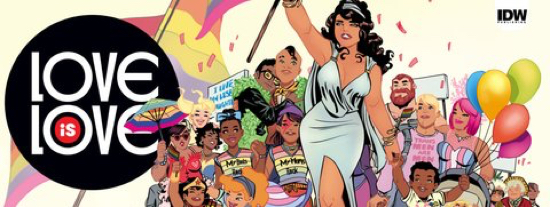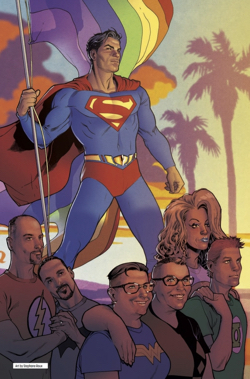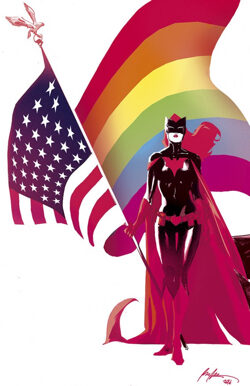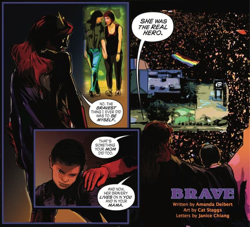Joe Corallo: Iron Miss
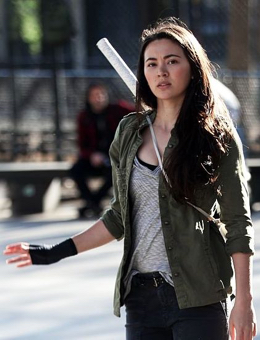 This past week I finished watching Iron Fist. I also went to a discussion at Manhattan’s Strand bookstore on queer representation in comics, with speakers including Jennifer Camper and Phil Jimenez, but I really want to focus on Iron Fist. Well, I checked out some of the old MST3K episodes they just added to Netflix too. That last part actually ties into my Iron Fist discussion. Yes, really.
This past week I finished watching Iron Fist. I also went to a discussion at Manhattan’s Strand bookstore on queer representation in comics, with speakers including Jennifer Camper and Phil Jimenez, but I really want to focus on Iron Fist. Well, I checked out some of the old MST3K episodes they just added to Netflix too. That last part actually ties into my Iron Fist discussion. Yes, really.
The Internet has been flooded with reactions to Iron Fist that have been all over the place. Praise to malaise. I had already seen all the other Marvel Netflix series so I was diving in regardless of what the critics had to say. I got through it all in about days of watching.
It was a rough three days.
I’m not going to get too deep into spoilers, but if you want a 100% spoiler free viewing experience of Iron Fist and haven’t watched it yet, you may want to check it out first before reading ahead.
Welcome back! Okay, so is it just me or was there way too much of a similarity between this and the first season of Arrow? This all happens in the first episode, but Danny Rand coming back from being assumed dead after traveling far with his family and there being an accident and coming back to reclaim his dad’s company, his best friend’s dad being the bad guy, the Triad and the Hand both being Asian led criminal organizations, and that’s just off the top of my head. I might like the show more if I hadn’t seen it done a few years ago now.
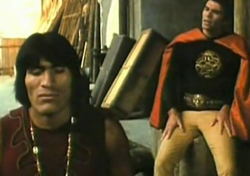 Arrow was able to avoid the implications of cultural appropriation. As ComicMix’s own Martha Thomases pointed out in her last column, there is nothing inherently white about the character, so why did he have to be white? I totally understand the argument that casting an actor of Asian descent just because the character knows martial arts wouldn’t be ideal either. That’s what I talked about last year when I wrote about Iron Fist as a lose/lose. I’m not convinced that I was wrong yet.
Arrow was able to avoid the implications of cultural appropriation. As ComicMix’s own Martha Thomases pointed out in her last column, there is nothing inherently white about the character, so why did he have to be white? I totally understand the argument that casting an actor of Asian descent just because the character knows martial arts wouldn’t be ideal either. That’s what I talked about last year when I wrote about Iron Fist as a lose/lose. I’m not convinced that I was wrong yet.
The show also feels like it thinks it’s more clever than it actually is. I, like I imagine many others, figured out a major plot point a good ten episodes before Danny figured it out. I also liked the “thrown in an asylum when you’re actually magic and they just don’t know it” trope better when I saw it in Return to Oz and Buffy the Vampire Slayer many, many years before that.
Later in the week I ended up watching the MST3K classic, The Pumaman. This clumsy 1980 superhero outing is about a white guy who has the powers of an ancient God/alien worshipped by Aztecs and has a man of Aztec descent as his sidekick despite the fact that guy was definitely more knowledgeable of what was happening. The part of person of appropriate background to serve as sidekick this time was played by Jessica Henwick, whose opinions on this can be read here. Her character, Colleen Wing, is hardly the first character to play this role, nor is the sidekick in The Pumaman. The Lone Ranger, The Green Hornet, and more franchises have this premise. It’s dated and at this point it’s just boring. Give us something more creative.
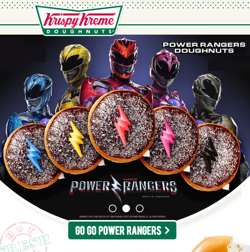 Between all that and the character of Danny Rand quite possibly being the most annoying, unlikeable, mansplaining protagonist in a Marvel property makes this a bit hard to watch. If you enjoy it, great. There are people that do and they’re not wrong. I just found this to be a clumsy, ham-fisted attempt at the genre.
Between all that and the character of Danny Rand quite possibly being the most annoying, unlikeable, mansplaining protagonist in a Marvel property makes this a bit hard to watch. If you enjoy it, great. There are people that do and they’re not wrong. I just found this to be a clumsy, ham-fisted attempt at the genre.
For the sake of fairness I will also say what I enjoyed about Iron Fist. It had a great score.
Another martial arts based franchise got a reboot recently. I saw Power Rangers with some friends over the weekend. It’s definitely a movie for a younger audience. I was impressed by how the character of Billy is a black autistic teenager, has a lot of screen time, was easily the second most consequential Power Ranger. The heroes in this were more diverse than in the original, but Rita was whitewashed with seemingly little backlash to that, which seems strange to me. Why care so much about diversity in one element of your film and not the other.
That said, I’d still recommend Power Rangers over Iron Fist. It has a little more heart, is about 11 hours shorter, and cares a lot more about Krispy Kreme.

